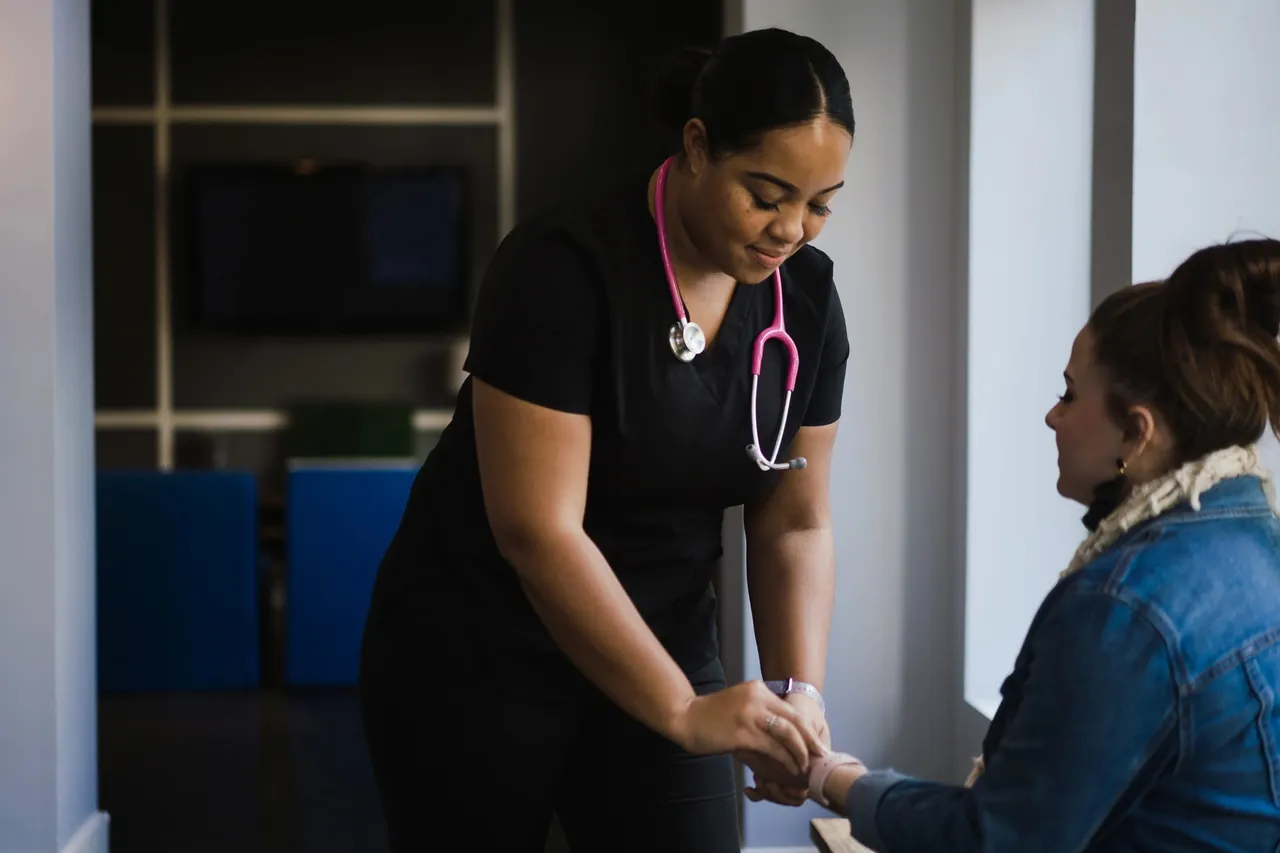
Diversity and Staff Communications in the Healthcare Ecosystem
Our JPSys Social Media Team interviews our new employees Yaasmeen Daud and Nef Njonjo to get their perspectives on diversity in the clinical care world vs. the Health Informatics world.
Q1: Is there diversity in Healthcare working at JPSYS in Health Informatics?
Yaasmeen: Health informatics is a growing field within healthcare and is a realm of healthcare behind the scenes. JPSys is rich in diversity with many different backgrounds. This is one of the first organization I’ve worked for where there has been a focus on Black History Month and an emphasis put on commemorating and celebrating it.
Nef: There has begun to be more diversity in healthcare as opportunities are created to garner interest in working in the field. However, with the pandemic, there has been a huge blow to how many people are still interested in working in healthcare, especially with in person, patient-facing experiences. The other drawback is that patients are opting for telemedicine.
Q2: How do culture and lack of diversity directly affect patient care?
Yaasmeen: I believe that no one should ever be turned away from care because they cannot afford it or come from various backgrounds. So much focus is put on how healthcare services can be paid for versus how to assist in getting the patient better. I have been fortunate enough to work for organizations that have never turned anyone away from care because of their socio-economic background. Working at JPSYS, I am fortunate enough to support work for the VA, knowing that we are serving those who have served us.
Nef: Lack of culture and diversity affects patient care as people from diverse backgrounds experience healthcare differently. This informs their decisions on how to address any health issues that may arise. By creating a diverse healthcare workforce, we can create a holistic approach to patient care, taking into consideration the different Social Determinants of Health (SDOH) and backgrounds of the patients that we are caring for by providing context to the providers. This is what costs hospitals higher re-admission rates – simple tasks that prevent people from taking care of their health, such as not being able to get to their doctor appointments or their follow on physical therapy appointments for something like a broken hip. This is a Continuity of Care issue which could be addressed with telemedicine – IF they have an internet connection. When care is handed off from a hospital to a Primary Care Physician, things fall through the cracks. Follow up with filling and taking medication is another issue. JPSys works on data modeling for SDOH issues so Continuity of Care is improved.
Q3: How have diversity gaps directly affected your careers in Healthcare and Healthcare IT?
Yaasmeen: In most other areas of clinical care, status quo dictates most of the workflow. Within Healthcare IT, I have noticed a change in this. Everyone seems very comfortable with themselves, and I do not see a lot of communications controlled by the status quo. There is more collaboration and encouragement to speak out.
Nef: Healthcare IT is fairly new to me. I am beginning to learn that this is an area that is very accepting and encompassing of different backgrounds. In the regular healthcare world, there is a lot of ‘who you know’ to advance your career, whereas, in Healthcare IT it’s more about ‘what you know’ which enables to advance in your career.
Q4: What can leaders do to improve relationships with employees and patients of all backgrounds?
Yaasmeen: Communication. Being open and inviting to welcome team members to a safe space where they can ask questions, feel comfortable in their individual work, and build on the level of trust.
Nef: Accessibility to resources: this could be the resources they can direct you to or the resources they can offer you by being present and sharing their institutional, personal, and professional knowledge.
Q5: Who’s a person that has inspired you?
Yaasmeen: My mother has been my supporter and number one inspiration for everything I do. As an immigrant from Ghana, West Africa, she has worked so hard to better her life and that of her children. While I worked to complete my Master’s, she obtained her Bachelor’s in Healthcare Administration. I am so beyond proud of her and will continue to work hard to make her proud! Cheer to you, Mom!
Nef: A person that has inspired me is my grandmother. She was an OB GYN/ Lactation nurse. Her dedication to helping and improving people’s lives has also lived on with me and I carry that same dedication to be as impactful as she was.


